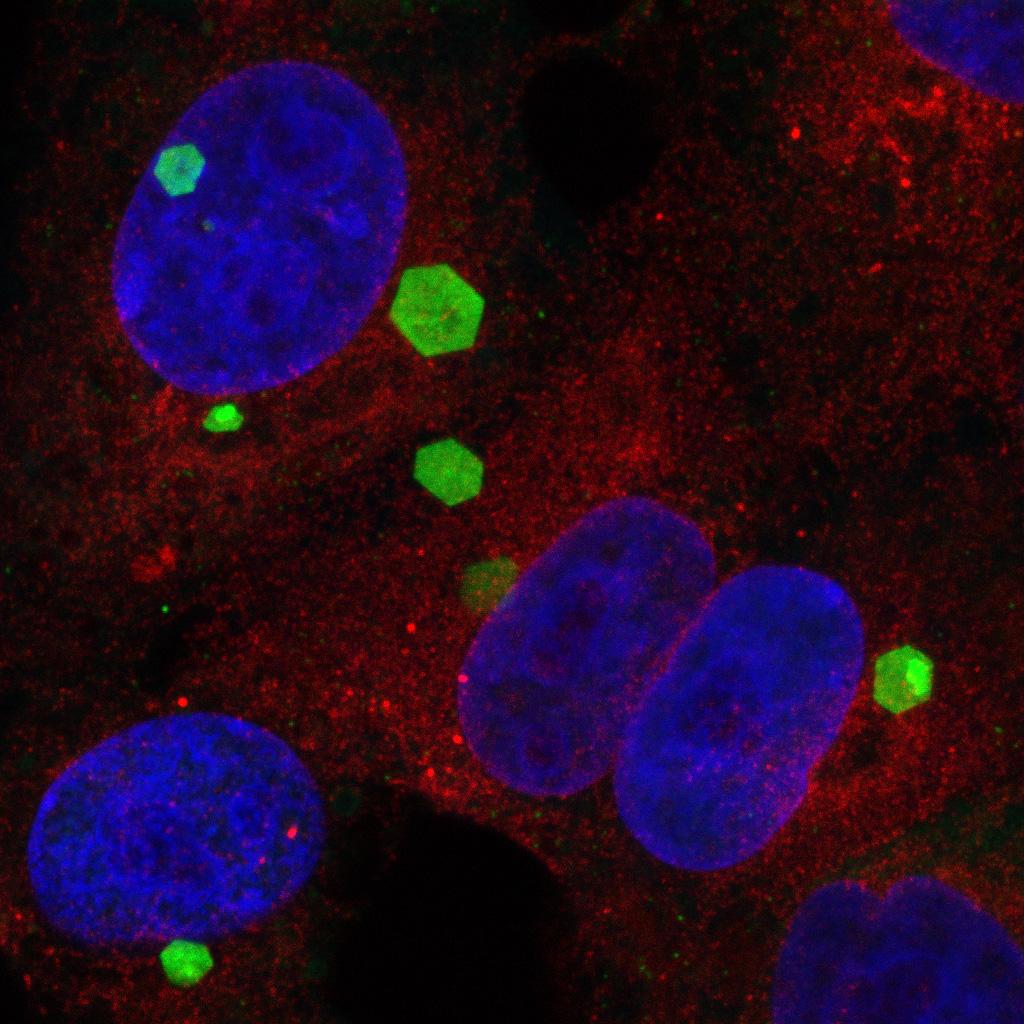Vaccination of mice with a modified Vaccinia Ankara (MVA) virus expressing the African horse sickness virus (AHSV) capsid protein VP2 induces virus neutralising antibodies that confer protection against AHSV upon passive immunisation
In previous studies we showed that a recombinant Modified Vaccinia Ankara (MVA) virus expressing the protein VP2 of AHSV serotype 4 (MVA-VP2) induced virus neutralising antibodies in horses and protected interferon alpha receptor gene knock-out mice (IFNAR?/?) against challenge. We continued these studies and determined, in the IFNAR?/? mouse model, whether the antibody responses induced by MVA-VP2 vaccination play a key role in protection against AHSV. Thus, groups of mice were vaccinated with wild type MVA (MVA-wt) or MVA-VP2 and the antisera from these mice were used in a passive immunisation experiment. Donor antisera from (a) MVA-wt; (b) MVA-VP2 vaccinated; or (c) MVA-VP2 vaccinated and AHSV infected mice, were transferred to AHSV non-immune recipient mice. The recipients were challenged with virulent AHSV together with MVA-VP2 vaccinated and MVA-wt vaccinated control animals and the levels of protection against AHSV-4 were compared between all these groups. The results showed that following AHSV challenge, mice that were passively immunised with MVA-VP2 vaccinated antisera were highly protected against AHSV disease and had lower levels of viraemia than recipients of MVA-wt antisera. Our study indicates that MVA-VP2 vaccination induces a highly protective humoral immune response against AHSV.
Back to publications
